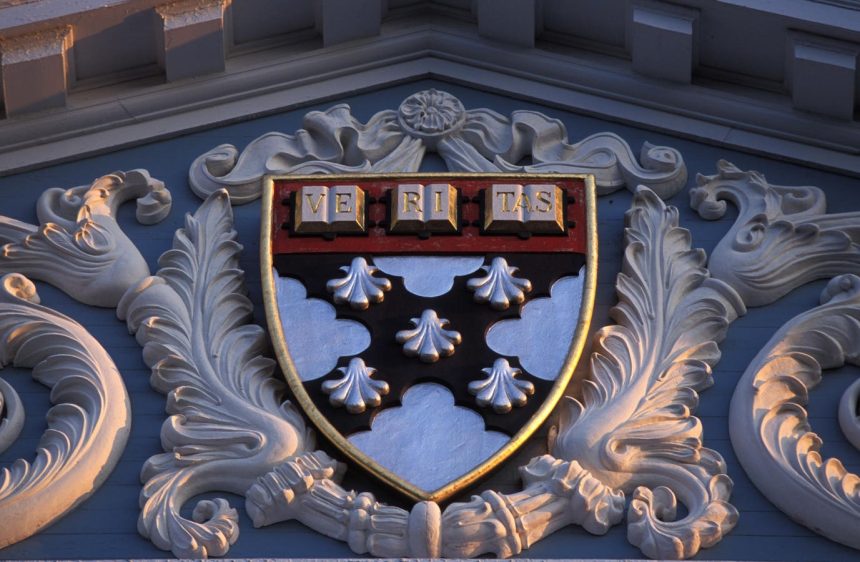The concentration of power and influence within a select group of individuals, often referred to as “elites,” significantly shapes societal direction, impacting policy decisions and cultural norms. Historically, the study of elites, exemplified by C. Wright Mills’ “The Power Elite,” has illuminated the dynamics of power and its implications for broader society. Contemporary discourse, fueled by concerns about growing social and political divides, has reignited the debate surrounding the pathways to elite status and the potential consequences of a system perceived as increasingly favoring the privileged. David Brooks, in his “How the Ivy League Broke America,” argues that meritocracy, the ideal of advancement based on ability and hard work, has faltered, attributing a significant portion of the blame to the elite education system, particularly institutions like Harvard and other top-tier universities.
Brooks’ critique centers on the idea that the current system disproportionately elevates individuals from privileged backgrounds, fostering a divide not merely based on income but also on values and culture. This cultural and ideological chasm, often exacerbated by educational disparities, manifests in political polarization and increasingly antagonistic interactions between different segments of society. As documented by Grossman and Hopkins in “Polarized by Degrees,” the political landscape has shifted dramatically, with Democrats increasingly representing highly educated individuals with progressive social views, while Republicans become the voice of those without college degrees, often harboring distrust towards institutions associated with expertise and knowledge. This trend extends even to Congress, where the representation of elite-educated Republicans has dwindled significantly. Brooks’ personal experience in journalism underscores this shift, observing a growing emphasis on elite educational credentials as a marker of success and influence in fields like media and politics.
Research into the educational backgrounds of influential figures across various domains paints a stark picture of the overrepresentation of elite schools, particularly the Ivy League and Harvard University. A study published in Nature Humanities & Social Sciences Communications examined over 26,000 individuals from 30 influential groups, including top military officials, political leaders, award-winning journalists, successful entrepreneurs, and leading academics. The findings reveal a striking pattern: over 50% of these individuals attended one of 34 elite schools, with overrepresentation factors ranging from 28 times for the broader elite school category to a staggering 80 times for Harvard graduates. This disparity, even more pronounced for Ivy League institutions, raises significant questions about the accessibility of positions of influence and the potential biases inherent in the current system.
The “Harvard effect,” as highlighted by the study, demonstrates the remarkable influence of a single institution across multiple spheres of American life. Nearly half of Harvard faculty members are Harvard alumni, and the vast majority graduated from one of the 34 elite schools. This concentration of power within a select network of institutions raises concerns about the potential for homogenous thinking and a lack of diverse perspectives within leadership roles. Further research, both within the U.S. and internationally, confirms this pattern of elite school dominance among influential figures. Studies of global elites and the global wealthy consistently reveal a disproportionate representation of graduates from institutions like Harvard, Oxford, and Cambridge, underscoring the global reach of this phenomenon.
The consistent overrepresentation of elite school graduates among influential figures, while alarming, does not necessarily dictate the future of social mobility and access to power. The dystopian vision presented by Michael Young in his 1958 book, “The Rise of the Meritocracy,” serves as a cautionary tale about the potential pitfalls of a system that ostensibly rewards merit but ultimately perpetuates inequality. Similarly, works by Kurt Vonnegut and Lionel Shriver satirize the societal consequences of unchecked inequality and the obsession with status. These narratives highlight the importance of critically examining the current system and exploring alternative pathways to leadership and influence.
Addressing the concerns raised by the concentration of power within elite circles requires a multifaceted approach. Scholars like Michael Sandel, in “The Tyranny of Merit,” and David Goodhart, in “Head, Hand, Heart,” offer valuable insights and potential solutions. Sandel critiques the hubris of the meritocratic ideal, arguing that it often overlooks the role of luck and circumstance in individual success, leading to resentment and division. Goodhart advocates for a broader definition of value that recognizes the contributions of those in essential but often undervalued professions, promoting a more inclusive and equitable society. These perspectives, along with ongoing research and critical dialogue, are crucial for reimagining pathways to influence and fostering a more representative and just society.



